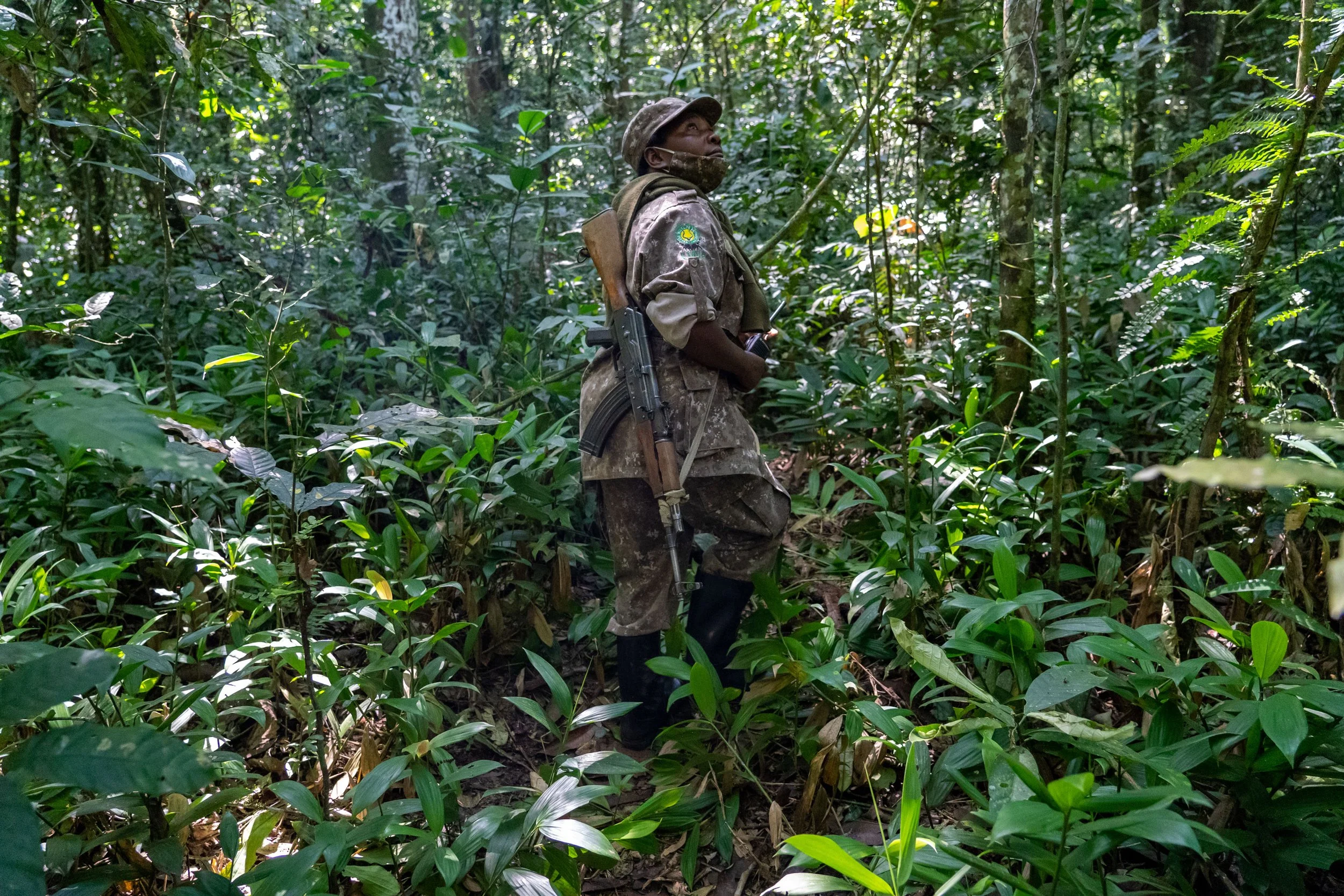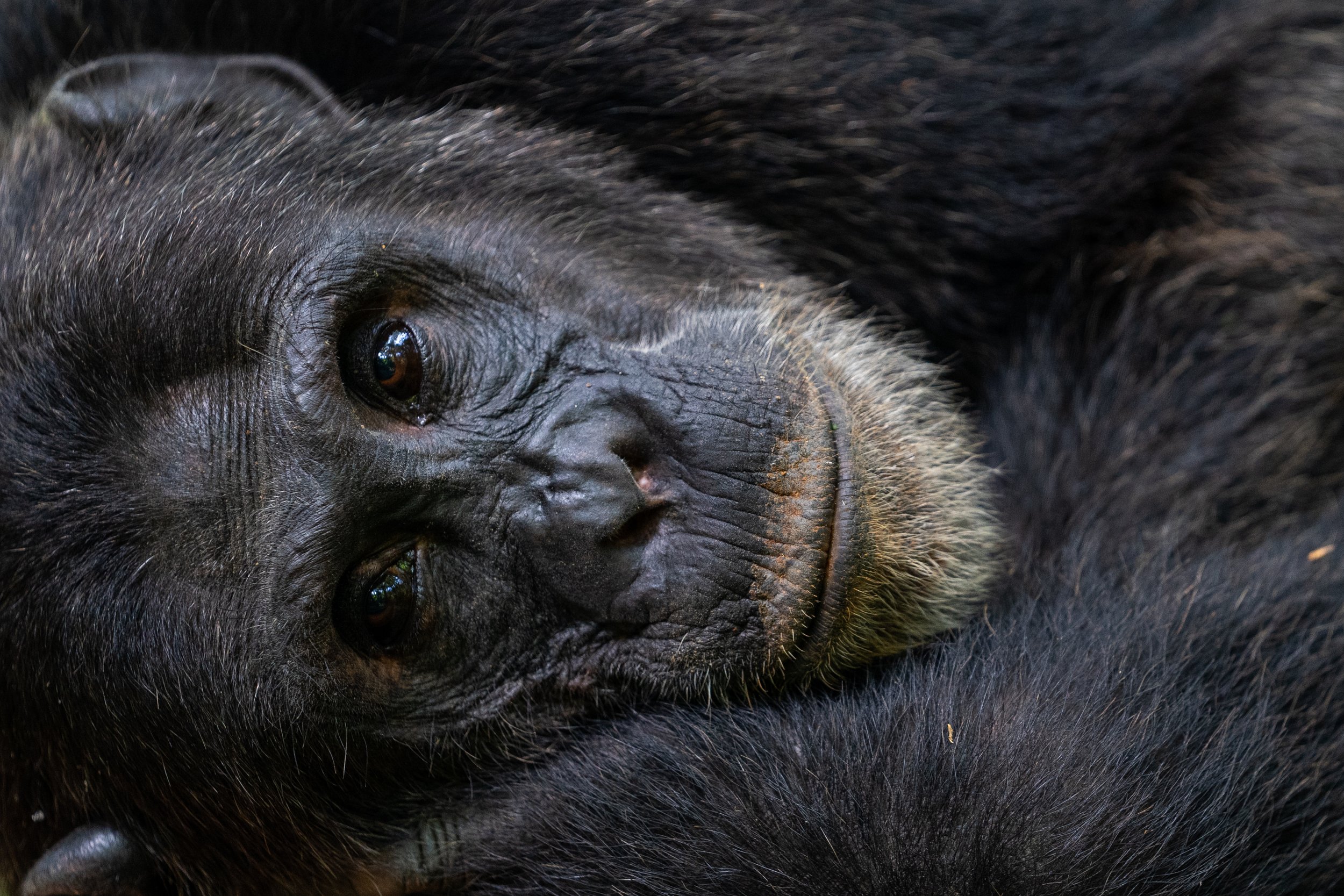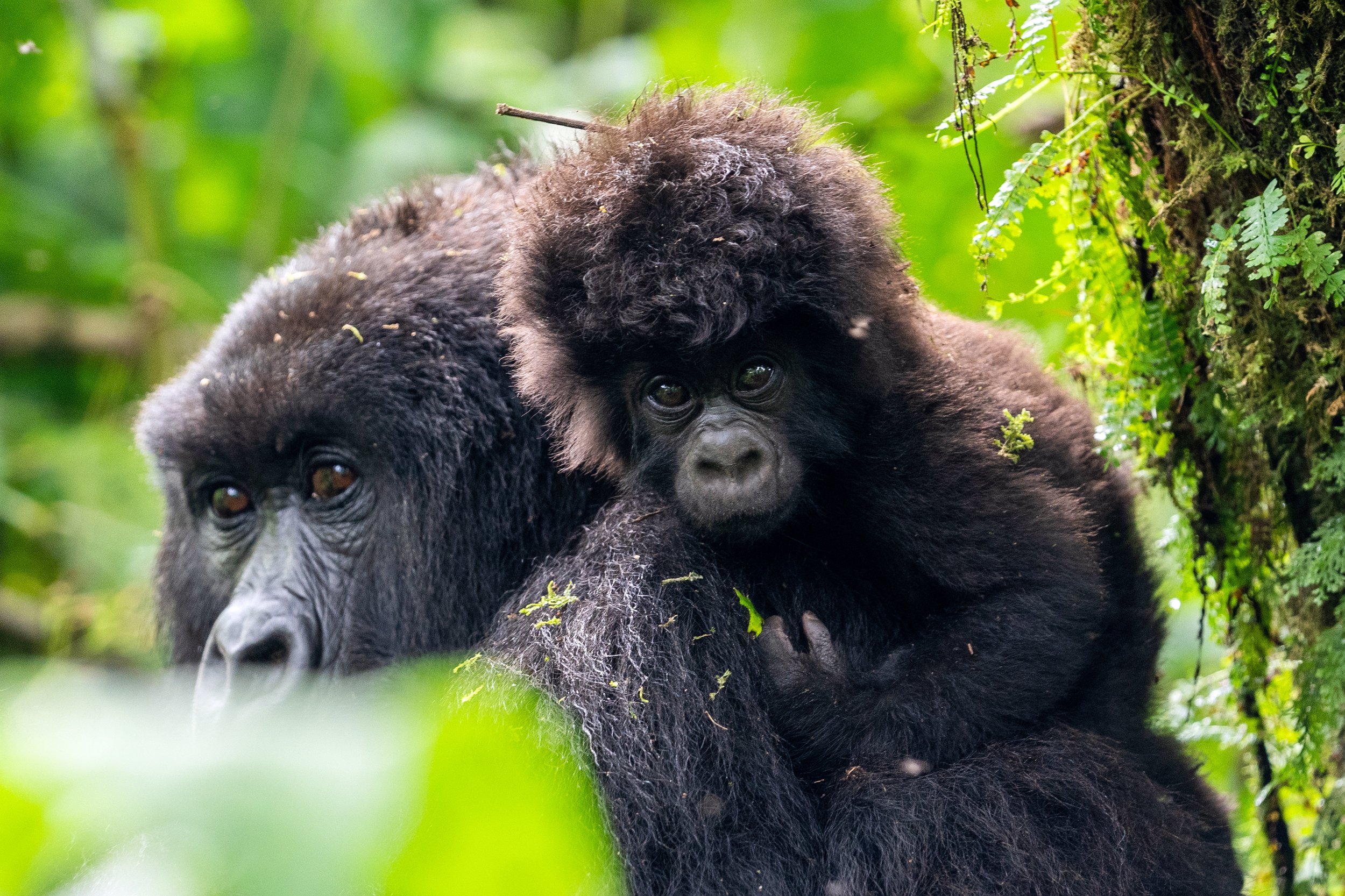UGANDA: Savanna Safari and Tribal Cultures in the Remote North (8 days)
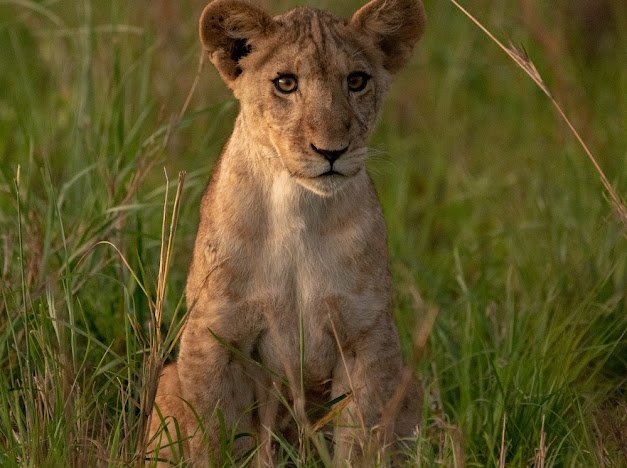
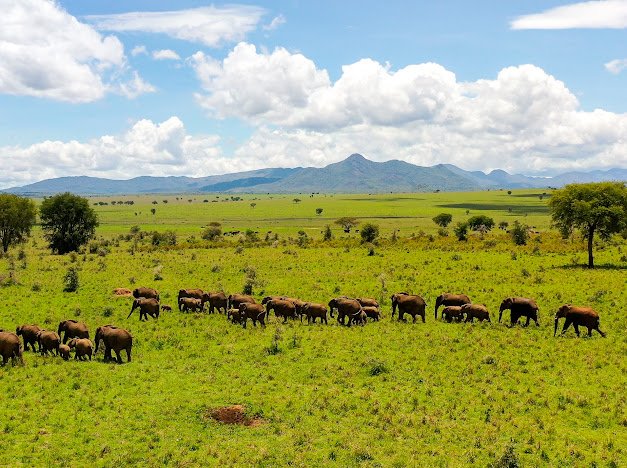
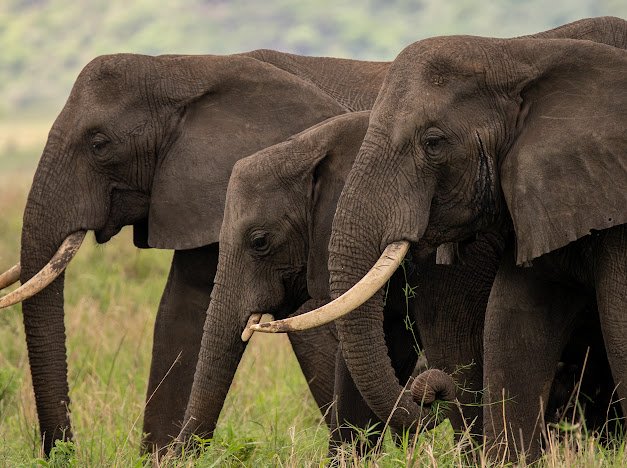
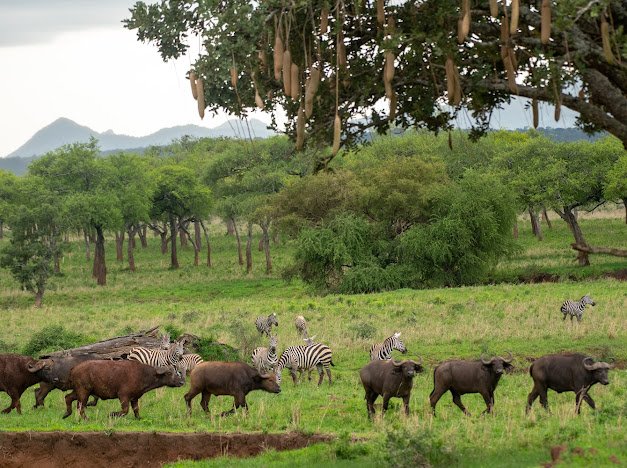
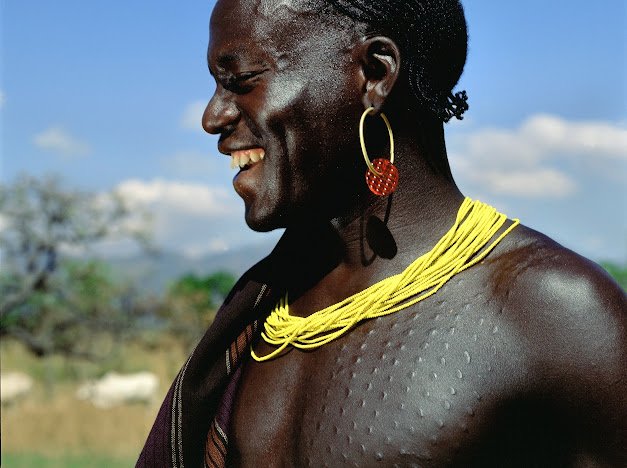
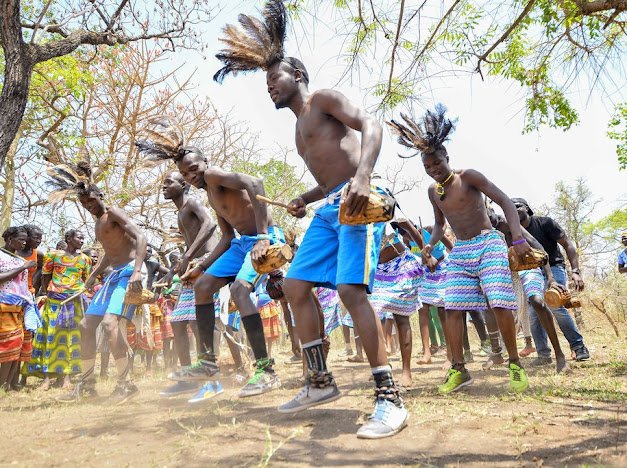
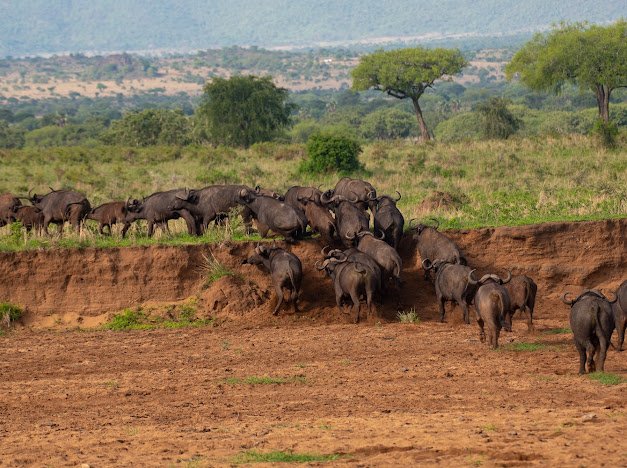
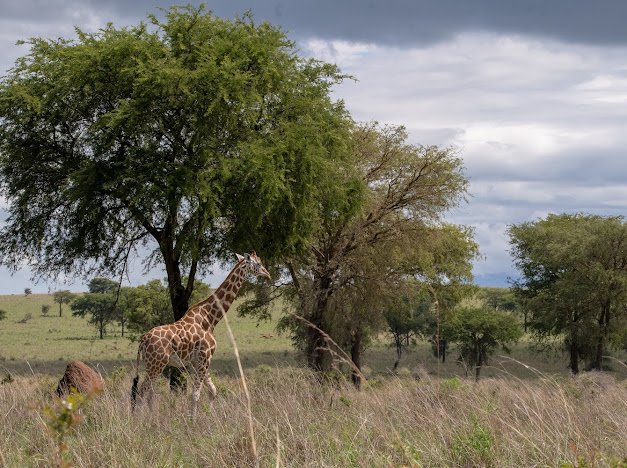
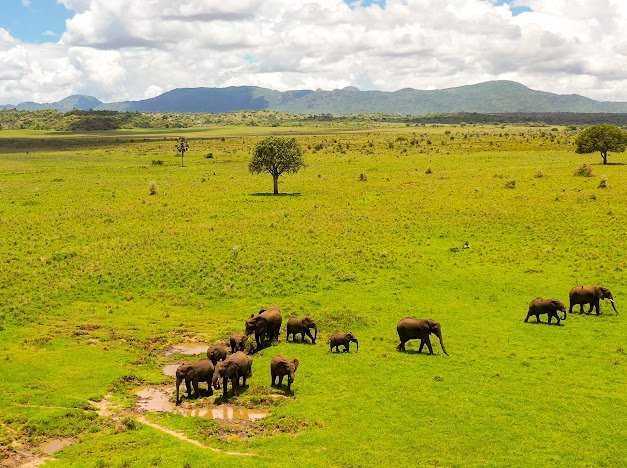
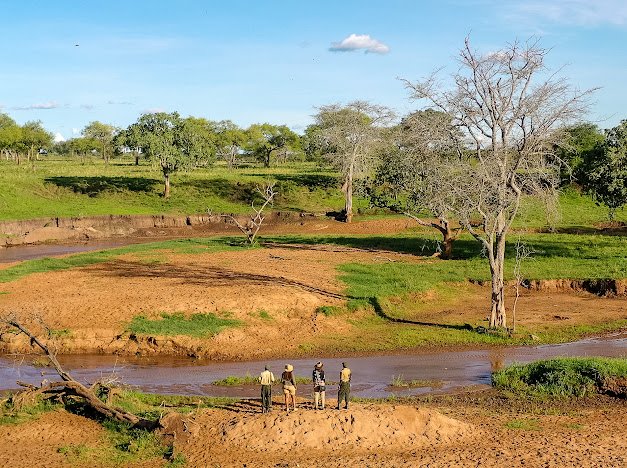
UGANDA: SAVANNA SAFARI AND TRIBAL CULTURE
This 8-day journey through remote northeastern Uganda combines wildlife observation and conservation with cultural immersion. Highlights include a savanna safari for lions, cheetahs, leopards, and elephants, cultural immersion and homestays with the Karamojong and Ik tribes, and Nile River rafting. This trip emphasizes ecological preservation, respect for indigenous cultures and heritage, and support for local communities.
-
$2450 USD per person (shared accommodation).
Single supplement +$400 for your own room.
Includes:
All accommodation (combination of high-end sustainable lodges, homestays, all locally owned, and operated), three meals daily, guide, private safari vehicle, private transportation throughout, entrance fees, activities in the itinerary, permits, park fees, gas.
Does not include:
Any flight tickets, personal spending, insurance, additional food and drinks, tips for local staff, and anything not explicitly mentioned as included.
-
8 Days / 7 Nights
-
Maximum 6 people, minimum 2 people.
-
Entebbe, Uganda.
-
Moderate.
This trip offers a mix of leisurely and moderately challenging activities. The visit to the Ik tribe in the Morungole Mountains and the white water rafting (up to class 5) are the most physically demanding parts of the trip, requiring a reasonable level of fitness. These hikes involve navigating uneven and sometimes steep terrain for a few hours. The rest of the tour, including the cultural experiences in Moroto and game drives in Kidepo Valley National Park, is less strenuous, mainly involving travel by vehicle and short walks.
Overall, this trip is suitable for individuals with moderate fitness levels. Participants should be prepared for longer drives, especially to Kidepo Valley, and occasional walks under potentially hot and dry conditions. Sturdy footwear, comfortable clothing, and adequate hydration are essential. Preparing for varying intensities of activities will ensure a comfortable and enjoyable experience on this diverse safari and cultural adventure.
Coming Micro Group Departures
(or contact us to arrange a private trip.)
THE LOCATION
Northern Uganda is the most isolated yet spectacular conservation area in the country. Its landscape is a breathtaking expanse of vast savannahs, punctuated by rugged mountain horizons. Kidepo National Park is renowned for its exceptional biodiversity, including cheetahs, caracals, aardwolves, and the strikingly patterned Karamoja apalis. The park's isolation contributes to a truly wild safari experience, with opportunities to see large herds of buffaloes, elephants, lions, and giraffes, often without other tourists.
To the west, the Murchison Falls region combines the majesty of the Nile River with a diverse animal population. It is a lush, green habitat for all of the African Big Five.
In addition to its natural wonders, northern Uganda is a melting pot of cultures, including the pastoralist Karamojong people, known for their distinctive customs and traditional way of life, and the Ik tribe, one of the most isolated groups in Uganda. Visits to these communities offer insightful cultural exchanges and a chance to learn about their unique traditions and history.
THE ACTIVITIES
In Kidepo, you'll venture into one of Africa's most untouched wildernesses, coming face-to-face with rare wildlife, including cheetahs, caracals, lions, elephants, hyenas, and more amidst vast, crowd-free savannahs. Murchison Falls complements this with thrilling game drives and boat cruises in search of Africa’s Big Five, showcasing the dramatic spectacle of the Nile forcing its way through a narrow gorge.
Authentic cultural activities provide a complimentary element to wildlife exploration. You will hike to the secluded Ik tribe in the Morungole Mountains, offering a small yet intimate glimpse into their unique traditions. The experience of staying in a traditional manyatta among the Karamojong people further immerses you in the region’s rich heritage, as do local homestays in Murchison.
THE PEOPLE
The Karamojong, pastoralists by tradition, center their culture around cattle, which are vital to their economy and social structure. Their society, characterized by colorful beadwork, vibrant dances, and music, is structured around age sets and clans. The manyatta, a traditional homestead, comprises circular huts made of wood, mud, and thatch, serving as both a family dwelling and a social center.
In contrast, the Ik people, among Uganda's smallest ethnic groups, inhabit the remote Morungole Mountains. Their intimate knowledge of local ecology and customs, including traditional dances and songs, offers a window into a unique, isolated way of life.
As both groups depend on cattle raising, conflicts with wildlife are unfortunately common during the search for grazing land. The challenge to conservation in Northern Uganda lies in balancing the needs and safety of local communities with wildlife protection. The coexistence of these communities with wildlife is a delicate balance, requiring continuous dialogue, education, and innovative solutions to ensure sustainable and peaceful interactions.
THE COST
The total cost of this trip is $2450 USD per person based on a group size of 2-8 individuals in shared rooms.
The trip includes three meals daily, accommodation, guides, private transportation, wildlife and national park permit fees, ranger support, drinking water, and payment processing fees by Visa/MasterCard.
The cost does not include any flight tickets, visa fees, personal spending, insurance, additional food and drinks, tips for local staff, and anything not explicitly mentioned as included.
10% of all profits on this trip are donated to a Ugandan changemaker in the conservation and environmental regeneration space.
-
You’ll be met upon arrival at Entebbe International Airport in Uganda by your local team ready to explore. The first day is an arrival day where you can enjoy wonderful food and a relaxing atmosphere just outside Entebbe.
Overnight: Pineapple Guesthouse
-
Your journey begins with a drive to Jinja to enjoy a full day of adventure and fun white water rafting on the Nile River. You’ll paddle up to grade 5 rapids and enjoy the camaraderie and excitement of being in this incredible environment with new friends. Your day ends with a relaxing evening at a lodge, where you can unwind and enjoy the natural beauty of the area.
-
Today brings you deeper into the cultural heartland of Uganda as you drive to Moroto. Here, you'll immerse yourself in the unique culture of the Karamojong people. Staying in a traditional manyatta offers an authentic experience of the Karamojong lifestyle. Interact with the community, learn about their pastoral traditions, and participate in cultural activities. This cultural immersion provides a rare opportunity to connect with and understand the customs and daily life of the Karamojong people.
-
On day four, embark on a journey to Kidepo Valley National Park, one of Uganda's most remote and spectacular wildlife reserves. In the evening, experience the thrill of a game drive. The park, known for its diverse array of wildlife and stunning landscapes, provides an excellent opportunity to spot elephants, giraffes, lions, and other wild animals in their natural habitat.
Upon arrival in Kidepo Valley National Park, you'll find yourself in a vast wilderness that ranks among Africa's most magnificent parks. This isolated park, located in the northeastern corner of Uganda, is celebrated for its raw and untouched beauty, characterized by wide savannah landscapes, rugged mountain scenery, and an abundance of wildlife.
Your first foray into this wilderness will be an evening game drive. As the heat of the day fades, animals become more active. This drive presents an opportunity to see some of the park's diverse inhabitants, including large herds of buffalos, elephants gracefully traversing the plains, and possibly lions or leopards as they begin their nocturnal hunts. The park’s unique location and lesser-visited status give it a truly wild feel, offering a more private and intimate safari experience.
Wildlife in Kidepo: Kidepo is home to a remarkable array of wildlife, some of which are found nowhere else in Uganda. This includes species such as the cheetah, caracal, aardwolf, greater and lesser kudu, eland, and more. The park is also a haven for bird enthusiasts, boasting over 475 bird species, including the rare Karamoja apalis and the Abyssinian roller.
-
The fifth day is dedicated to a cultural visit to the Morungole Mountains, home to the Ik tribe. This full-day excursion allows you to spend time with one of Uganda's most isolated tribes, offering a unique insight into their way of life and traditions. The visit to the Ik tribe is both a cultural immersion and an opportunity to experience the breathtaking beauty of the very remote Morungole Mountains. Although only 90 kilometers away from Kidepo, the drive takes about 2.5 hours each way to reach these remote mountains.
-
An early morning game drive before breakfast allows you to experience the park at dawn, a magical time as the first light illuminates the landscape. Morning drives provide excellent opportunities to observe nocturnal predators before they retreat from the daytime heat, as well as a chance to witness the waking routines of the park’s diurnal inhabitants.
Spend the rest of the day delving deeper into Kidepo's treasures. You might explore the Narus Valley, where wildlife congregates near the wetlands, making it a hotspot for game viewing.
Safari Dynamics: Game drives in Kidepo are conducted in 4x4 safari vehicles, allowing for off-track adventures to get up close with wildlife. With expert guides who have in-depth knowledge of the park’s ecosystems and animal behaviors, these drives are not just about seeing wildlife but understanding their habits and roles in the natural world. The park’s relative remoteness means fewer tourists and more exclusive wildlife viewing experiences.
-
Begin your day with an early morning departure from Kidepo Valley National Park. This journey takes you through some of Uganda's most picturesque landscapes, offering a glimpse into the country's diverse regions. Time permitting, you can stop at Ziwa Rhino Sanctuary on the way back. This sanctuary is a conservation success story and the only place in Uganda where you can see rhinos in the wild. Enjoy a guided walk to observe these majestic creatures, a serene and educational experience that contributes to their protection and breeding program. After your visit, continue towards Entebbe, breaking for a local lunch along the way. Arrive in the evening at the Pineapple Guesthouse in Entebbe, a comfortable and welcoming spot perfect for your last night in Uganda.
-
Departures from Entebbe International Airport (no planned activities today).
The following itinerary is meant to serve as a guideline for the trip, rather than an exact play-by-play. As is true of all inertia experiences, we leave room for sporadic interactions, unforeseen opportunities, and time buffers to compensate for unexpected scenarios.
KIDEPO VALLEY NATIONAL PARK
Look for cheetahs, lions, elephants, and large herds of migrating wildlife in the remote Kidepo Valley.
MURCHISON FALLS
Go on a Big Five safari by land and boat in this nature abundant region of northwest Uganda.
KARAMOJONG MANYATTA STAY
Stay in a traditional Karamojong manyatta— a cattle camp with huts made from mud, sticks, and thatch.
HIKING TO THE IK LANDS
Hike the Morungole Mountains on the border with South Sudan and Kenya to meet the isolated Ik tribe.
MICRO GROUP TRIPS
All Micro Group Trips are limited to a fixed maximum and a minimum number of participants (2~8 people) to ensure a safe, intimate, and sustainable experience.
If available, fixed departure dates are listed below. Click on a date to sign up.
If no trip dates are available, private trips or extra dates can be organized according to your schedule pending our guides’ availability. Contact us to arrange a private trip.
Want to travel independently or don’t see dates that work with your schedule?
Contact us to arrange a private trip instead.
-
You will sleep in a mix of guesthouses, homestays, and wildlife lodges during the trip. All accommodations are clean and comfortable but also locally-owned and operated as a big part of our mission is to be as socially and environmentally responsible as possible.
-
Uganda is generally safe for tourists, but like any destination, it's important to take standard safety precautions. Be aware of your surroundings, avoid walking alone at night, and keep valuables secure, especially in urban areas including Kampala, where robberies, pickpockets, break-ins (including in hotels), phone snatching, and muggings are relatively common.
-
The best times are during the dry seasons, from June to September and December to February, which are ideal for wildlife viewing and gorilla trekking.
-
Vaccinations for yellow fever are mandatory. It's also recommended to get vaccinations for typhoid, hepatitis A and B, and routine vaccinations updated. Consult with a travel health clinic for the most current advice.
-
Most foreign nationals require a visa to enter Uganda. Visas can be obtained on arrival for some nationalities, but it's recommended to apply in advance through Uganda's online e-Visa system. Always check the latest requirements for your specific country before traveling.
-
Mountain gorillas can be seen in Bwindi Impenetrable National Park and Mgahinga Gorilla National Park. Treks should be arranged in advance as permits are limited. The current permit fee is $750 USD per person per trek. Bookings should be done through reputable and responsible operators. We include the mountain gorilla and chimpanzee trekking permits on all of our trips.
-
The Ugandan Shilling (UGX) is the local currency (the average trading rate to the USD is between 3600-3800 UGX over the last 5 years or so). Credit cards are accepted in major hotels and some businesses in urban areas, but cash is preferred in rural areas.
-
Dress modestly, especially in rural and religious areas. Always ask permission before taking photos of people. Handshakes are common when greeting, and using the right hand is considered polite.
-
This is a moderately rugged trip that involves multiple day hikes in dense bush and jungle, often times not on a path (of between 2-5 hours per trek). As long as you are physically and mentally ready to handle this, then you can do this trip.
-
The local cuisine in Uganda features fresh vegetables, rice, meat, bananas, cassava, greens, and beans. Tailoring our meals for vegetarians and vegans is not very difficult as long as we know in advance.
It's a good idea to communicate your needs in advance or carry your own snacks.
-
Driving times and road conditions in Uganda can vary greatly. WHile the highways are all paved and ver well maintained, rural roads are mostly dirt. You can expect a total amount of driving time of around 20 hours over the course of this 9-day trip.
-
You can check out our suggested packing and preparation guide to Uganda here.
-
Malaria is prevalent across Uganda, even in the dry season. Prophylactic medication is recommended, along with using mosquito nets and insect repellent. Malaria treatment is widely available in Uganda, but preventative medications are much harder to find.
-
International roaming is available, but purchasing a local SIM card is often more economical. Wi-Fi is available in hotels and some cafes in larger cities, but connectivity can be limited in remote areas. Mobile data is more prevalent than actual wifi zones and local plans are cheap and decently reliable. You can get a SIM card and data plan at Entebbe Airport.
-
Besides malaria, there's a risk of waterborne and foodborne diseases. Drink bottled or treated water and eat well-cooked food. Access to medical facilities can be limited, especially in rural areas.
-
Support local businesses, respect wildlife and natural habitats, minimize waste, use water sparingly, and be culturally sensitive and respectful.
-
Always ask for permission before photographing people. Avoid taking pictures of military, government buildings, and airports. Be respectful and sensitive to local cultures.
-
Drone usage requires permission from the Civil Aviation Authority (CAA) in Uganda. It's illegal to fly drones in national parks without specific permission from the Uganda Wildlife Authority. While it may be possible to sneak a drone into Uganda, as not all bags are scanned carefully, you should be aware if your drone is discovered by Ugandan customs it will be confiscated and held in storage in the airport. You can collect it again as long as you are flying out of the same airport internationally.









